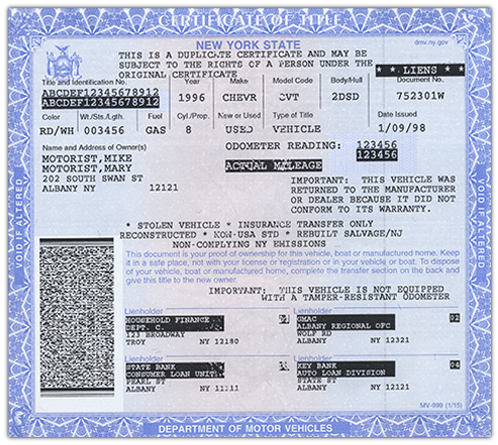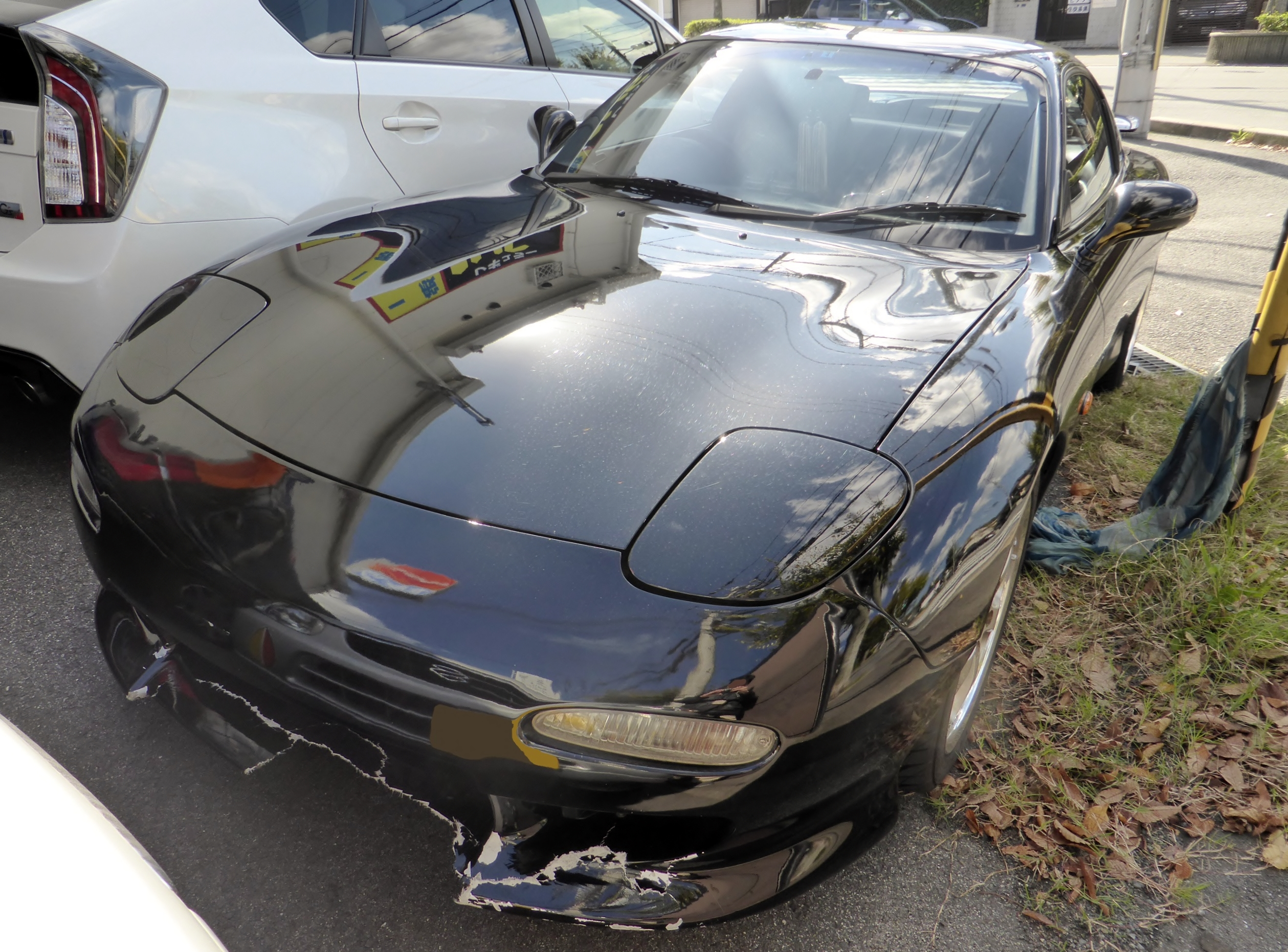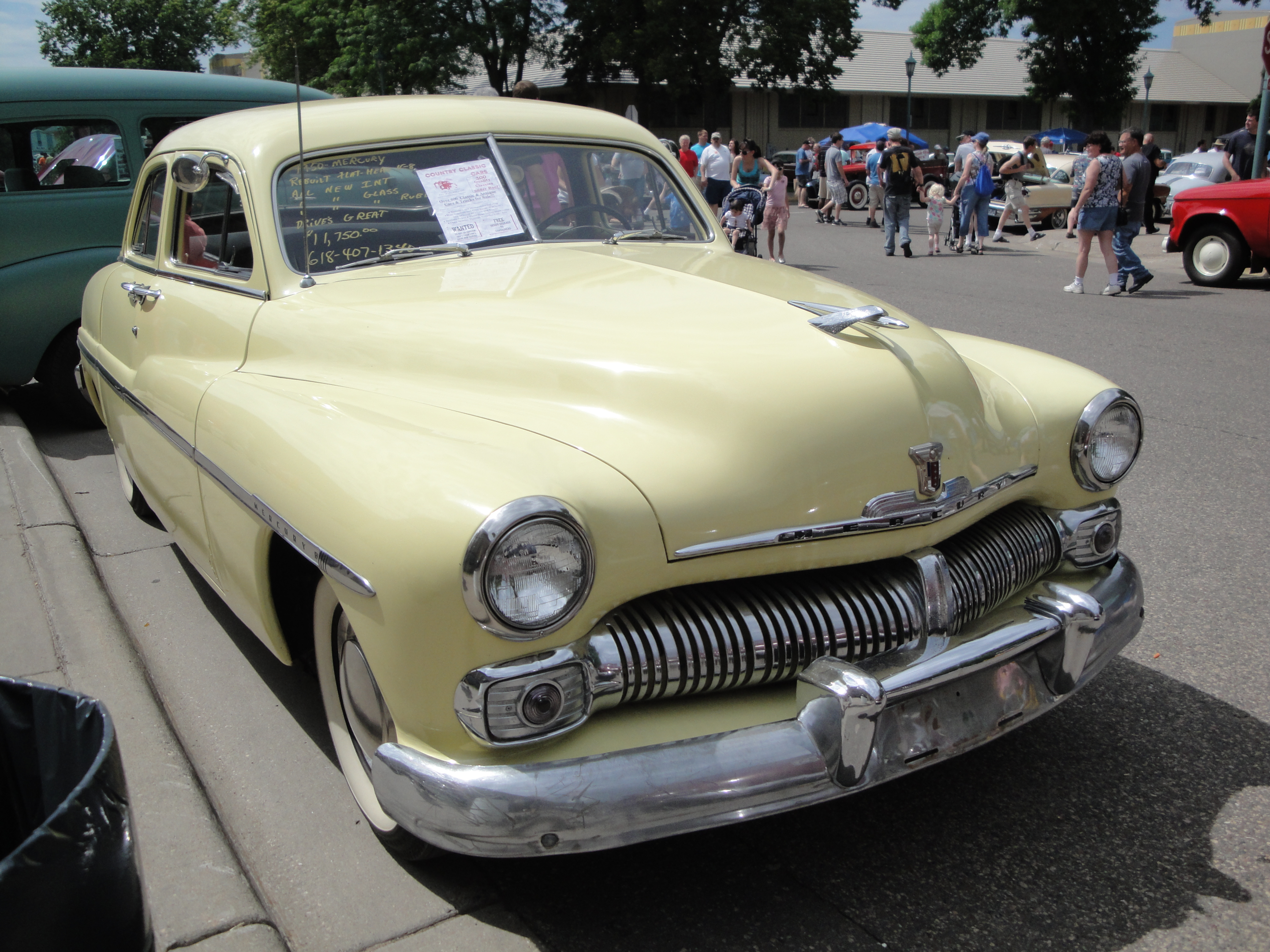Navigating the world of used car buying can be a daunting task, especially with so many factors to consider – one crucial aspect being the car’s title. But what exactly is a clean title vs salvage title? In this blog post, we’ll explore the ins and outs of car titles, guiding you through the process of identifying, understanding, and making informed decisions when purchasing a used vehicle.
Short Summary
- Understanding car titles is essential when buying a used vehicle.
- Clean titles indicate clear ownership history, while salvage and rebuilt title vehicles require inspection and research before purchase.
- Consider needs, budget, local laws & regulations to determine the right type of title for you.
Understanding Car Titles

A car title serves as a legal document, providing proof of ownership and crucial details about a vehicle, such as its Vehicle Identification Number (VIN), lien information, and title history, including clean, salvage, rebuilt, and bonded titles. Understanding the differences between these types of a car’s title is critical when purchasing a used car, as it not only affects the vehicle’s value but can also have a significant impact on your ability to insure and maintain it.
For example, a salvage title indicates that the car has been damaged in some way, and may indicate that the car has been damaged in some way.
Clean Title
A clean title indicates that the car is free from any significant issues affecting its value or functionality, and that its ownership history, including current and past owners, is clear. Clean title cars tend to be more expensive than those with salvage titles. However, they come with a lower risk of undisclosed damage or problems and generally have a higher resale value, making them a more viable investment in the long term.
It is important to note that a clean title does not guarantee that the vehicle will be completely free of mechanical issues. However, purchasing a vehicle with a salvage title typically poses a higher risk of hidden problems. In essence, a clean title offers a sense of assurance, indicating that the vehicle has not been involved in a major accident or declared a total loss by an insurance company.
Salvage Title
On the other hand, a salvage title means that an insurance company has declared the car a total loss due to damage that necessitates repairs before it can be operated. This usually occurs when the cost of repairing the damages to the vehicle is more than the vehicle’s value. Once a car has been assigned a salvage title, it is no longer considered street legal until it has been repaired and issued a rebuilt title.
When considering a salvage vehicle, it is essential to recognize the potential risks associated with such a purchase. These vehicles may be more prone to mechanical failure and may be more difficult to insure. Nevertheless, salvage titles can be more affordable than clean titles, providing an economical option for buyers who are willing to invest the time and money required to repair and restore the car.
Identifying a Clean or Salvage Title

To differentiate between clean and salvage titles, it is essential to check the car’s title and history report. This can be done by contacting the insurance company or seller and inspecting the VIN for a “salvage” stamp or red X. A car’s title can provide information about the car’s history, such as whether it has been in an accident or declared a total loss, which can help a buyer assess the value of the vehicle.
If you suspect a seller is attempting to pass a salvaged car off as having a clean title, make sure to question the seller regarding the car’s salvaged status and verify with the insurance company. Additionally, it is advisable to have the vehicle inspected by an independent mechanic before purchasing, regardless of its title status, to identify potential issues and hidden damage.
Rebuilt Title: A Second Chance

A rebuilt title refers to a car that has been restored to its pre-damaged condition and is assigned a title reflecting its decreased value compared to a vehicle with a clean title. These rebuilt vehicles have been repaired and inspected, ensuring they meet safety and roadworthiness standards after being rebuilt.
The distinction between a rebuilt and salvage title lies in the vehicle’s current state. A vehicle with a rebuilt title has been restored to the point of being operable, while a vehicle with a salvage title is not roadworthy. Understanding the differences between rebuilt and salvage titles can help you make an informed decision when purchasing a used vehicle.
When purchasing a car with a rebuilt title, it is essential to obtain a comprehensive history of the vehicle, including the cause and scope of the damage, and to ensure that the vehicle has been inspected by a reliable authority or the Department of Motor Vehicles in your area.
Tips for Buying a Salvage or Rebuilt Vehicle
When purchasing a salvage or rebuilt vehicle, it is crucial to take several factors into account. First, consider getting the car inspected by an independent mechanic before making the purchase. This can help identify potential issues and uncover hidden damage or problems that may not be apparent from a visual inspection alone.
Next, check with your insurance company to determine if they will provide coverage for a vehicle with a salvage or rebuilt title. It may be difficult to find an insurance company willing to insure these vehicles, and the cost of coverage may be higher than for a car with a clean title.
When researching a potential car purchase, it’s essential to delve into the vehicle’s history using resources such as the Vehicle Identification Number (VIN) and title history report. This will provide insight into the car’s past, including any accidents or damage it has sustained, and help you make an informed decision about whether the vehicle is worth the investment.
Pros and Cons of Clean vs. Salvage Titles
Clean titles offer reliability and higher resale value, making them an attractive option for buyers seeking a used car with minimal risk of hidden issues or damage. However, clean titles may also come at a higher cost, potentially making them less affordable for some buyers.
In contrast, salvage titles typically can be more affordable, providing buyers with an opportunity to save money on their vehicle purchase, such as a salvage car. However, they come with potential risks and hidden issues, as these vehicles have been declared a total loss by an insurance company and may require significant repairs to be roadworthy again.
When weighing the pros and cons of clean vs. salvage titles, it’s essential to consider your personal needs, budget, and willingness to invest time and money into potential repairs. Take the time to research and inspect vehicles thoroughly before making a decision.
New York State Regulations and Variations
State regulations regarding salvage and rebuilt titles may vary, so it’s essential to familiarize yourself with local laws and requirements. For instance, in New York State, regulations mandate that the Department of Motor Vehicles (DMV) mark or ‘brand’ a title certificate if a vehicle has sustained damage of 75% or more of the retail value. Residents of New York State must obtain a title for their vehicle to comply with state regulations, and the DMV charges a fee of $50 to transfer a title.
Understanding state-specific regulations is crucial, as they may impact the process of purchasing, repairing, and insuring a vehicle with a salvage or rebuilt title. Always consult your state’s DMV or local authorities for the most up-to-date information on title regulations and requirements.
Summary
In conclusion, understanding the differences between clean, salvage, and rebuilt titles is essential when navigating the used car market. Clean titles offer reliability and a higher resale value, while salvage titles can be more affordable but come with potential risks and hidden issues. Rebuilt titles provide a second chance for vehicles that have been significantly damaged and repaired, but it’s crucial to inspect and research these vehicles thoroughly before making a decision.
By taking the time to familiarize yourself with the various types of titles and state-specific regulations, you can make informed decisions when purchasing a used vehicle, ensuring you find a car that meets your needs, budget, and expectations.
Frequently Asked Questions
Why do people avoid salvage titles?
Safety is the main concern when considering buying a salvage-title car. Financial institutions won’t issue auto loans for them because they provide too much risk, and there may be hidden damage that could make the car unsafe or dangerous in an accident.
You also need to be wary of water- or flood-damaged vehicles.
Is a salvage title worthless?
A salvage title doesn’t make a vehicle worthless, as it may still be used for parts or even potentially repaired. However, the market value of the car is significantly reduced due to its salvaged status.
What is the difference between a clean title and a salvage title in Texas?
A vehicle with a clean title indicates that it was never too badly damaged, while a salvage title means an insurance company declared it too badly damaged to repair.
How can I tell if a car has a clean or salvage title?
To determine if a car has a clean or salvage title, check the title and history report for any stamps indicating “salvage” and inspect the VIN for a red X.
This is an important step when buying a used car, as it can help you avoid purchasing a vehicle with a history of major damage.
What is a rebuilt title?
A rebuilt title is a vehicle that has been repaired and inspected to meet safety standards and assigned a title reflecting its diminished value compared to a clean title car.
This title is typically assigned to vehicles that have been salvaged, rebuilt, and inspected to meet safety standards. The title reflects the diminished value of the vehicle compared to a clean title car.





 Who We Are
Who We Are Coverage Area
Coverage Area Donate
Donate